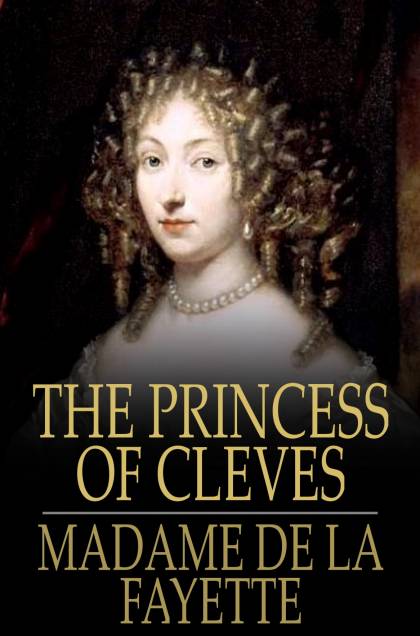Madame de La Fayette
Marie-Madeleine Pioche de La Vergne, Comtesse de La Fayette (baptized 18 March 1634 – 25 May 1693), better known as Madame de La Fayette, was a French writer, the author of La Princesse de Clèves, France's first historical novel and one of the ear
... Read more
Marie-Madeleine Pioche de La Vergne, Comtesse de La Fayette (baptized 18 March 1634 – 25 May 1693), better known as Madame de La Fayette, was a French writer, the author of La Princesse de Clèves, France's first historical novel and one of the earliest novels in literature. Christened Marie-Madeleine Pioche de La Vergne, was born in Paris to a family of minor but wealthy nobility. At 16, de la Vergne became the maid of honor to Queen Anne of Austria and began also to acquire a literary education from Gilles Ménage, who gave her lessons in Italian and Latin. Ménage would lead her to join the fashionable salons of Madame de Rambouillet and Madeleine de Scudéry. Her father, Marc Pioche de la Vergne, had died a year before, and the same year her mother married Renaud de Sévigné, uncle of Madame de Sévigné, who would remain her lifelong intimate friend.
In 1655, de la Vergne married François Motier, Comte de La Fayette, a widowed nobleman some eighteen years her senior, with whom she would have two sons. She accompanied him to country estates in Auvergne and Bourbonnais although she made frequent trips back to Paris, where she began to mix with court society and formed her own successful salon. Her sister-in-law was Louise de La Fayette (1618–1665), favorite of Louis XIII of France. Some of her acquaintances included Henrietta of England, future Duchess of Orleans, who asked La Fayette to write her biography; Antoine Arnauld; and the leading French writers Segrais and Huet. Earlier on, during the Fronde, LaFayette had also befriended the Cardinal de Retz with whom her stepfather was associated.
Less









